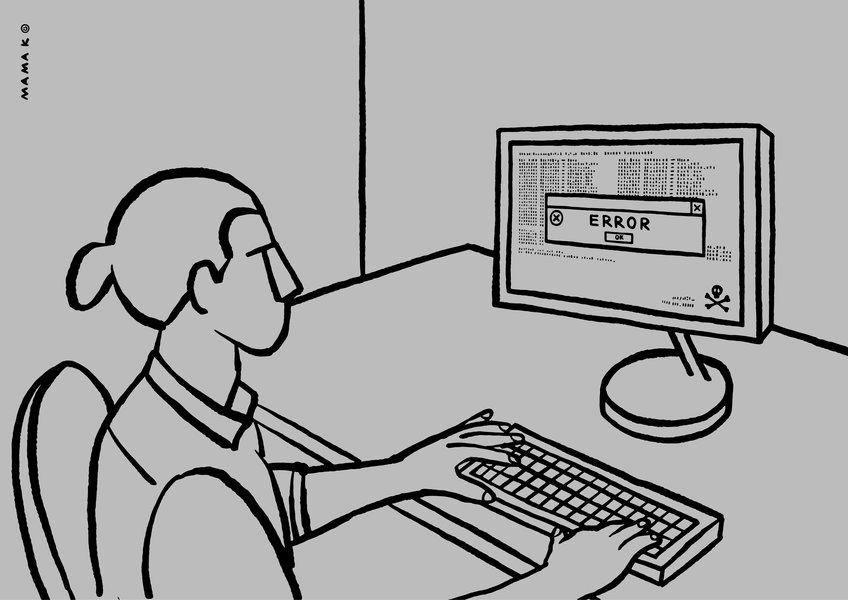
Creating Law or Facts? AI Systems Disrupting Criminal Justice
Are programmers the new lawmakers, as Joseph Weizenbaum insinuated back in the last century? And will they remake the criminal justice universe? Certainly, AI systems will continue to replace human decision-making at various points within the criminal justice system. Today’s prominent examples of such replacements include risk profiling and assistance in sentencing. Scholars already point to the possibility of reconstructing past events at the click of a button (in the pursuit of truth) as well as to the option of automating the application of the law in standard constellations (such as traffic violations).
This overarching project identifies situations in which AI systems disrupt the traditional course of criminal justice. These situations not only encompass individual risk assessments and sentencing proposals based on complex statistical methods but include as well incidents in which smart systems enforce the law, such as smart cars overriding their human drivers in order to achieve compliance with traffic regulations. While the primary aims of AI systems are mostly pragmatic (saving human resources; improving accuracy; promoting road safety), they also produce secondary effects, some of which may be profound. If, for example, consumer products such as those embedded in cars warn users against non-compliance but at the same time generate evidence that can be used against them in criminal and/or administrative proceedings, it is not unlikely that the average person’s day-to-day conduct and approach to criminal justice will change. If these “nudging structures” develop into “impossibility structures,” AI will bypass human control entirely, preclude violations of the legal “ought,” and take away a possible human right to freedom of choice. Arguably, there is even a right to choose to engage in wrongdoing. The project aims to map the primary and secondary effects of AI systems and to analyze their impact on criminal justice systems.
| Project languages: | German, English |
| Timeframe: | 06/2023 – 05/2025 |
| Graph: | © Mamak |








